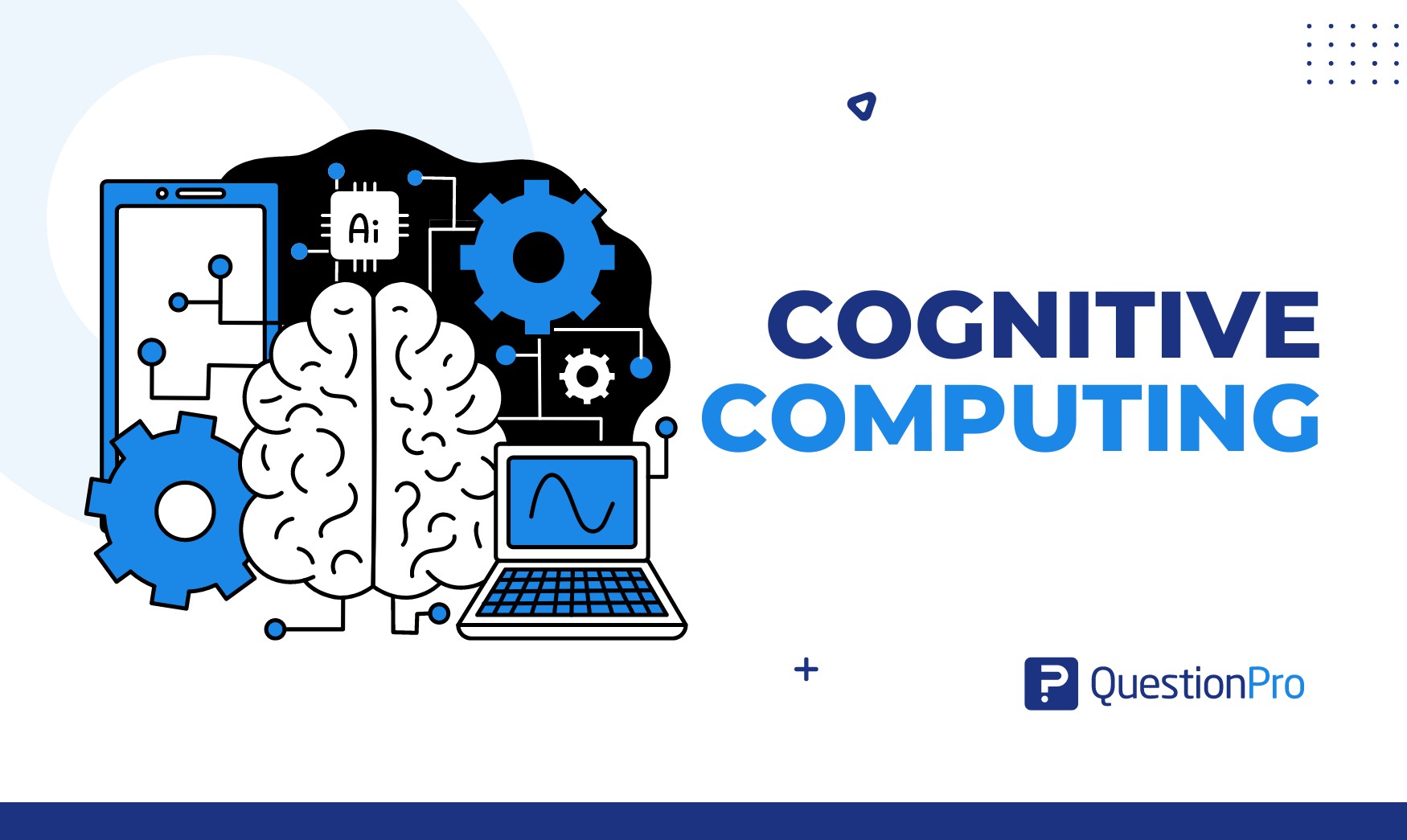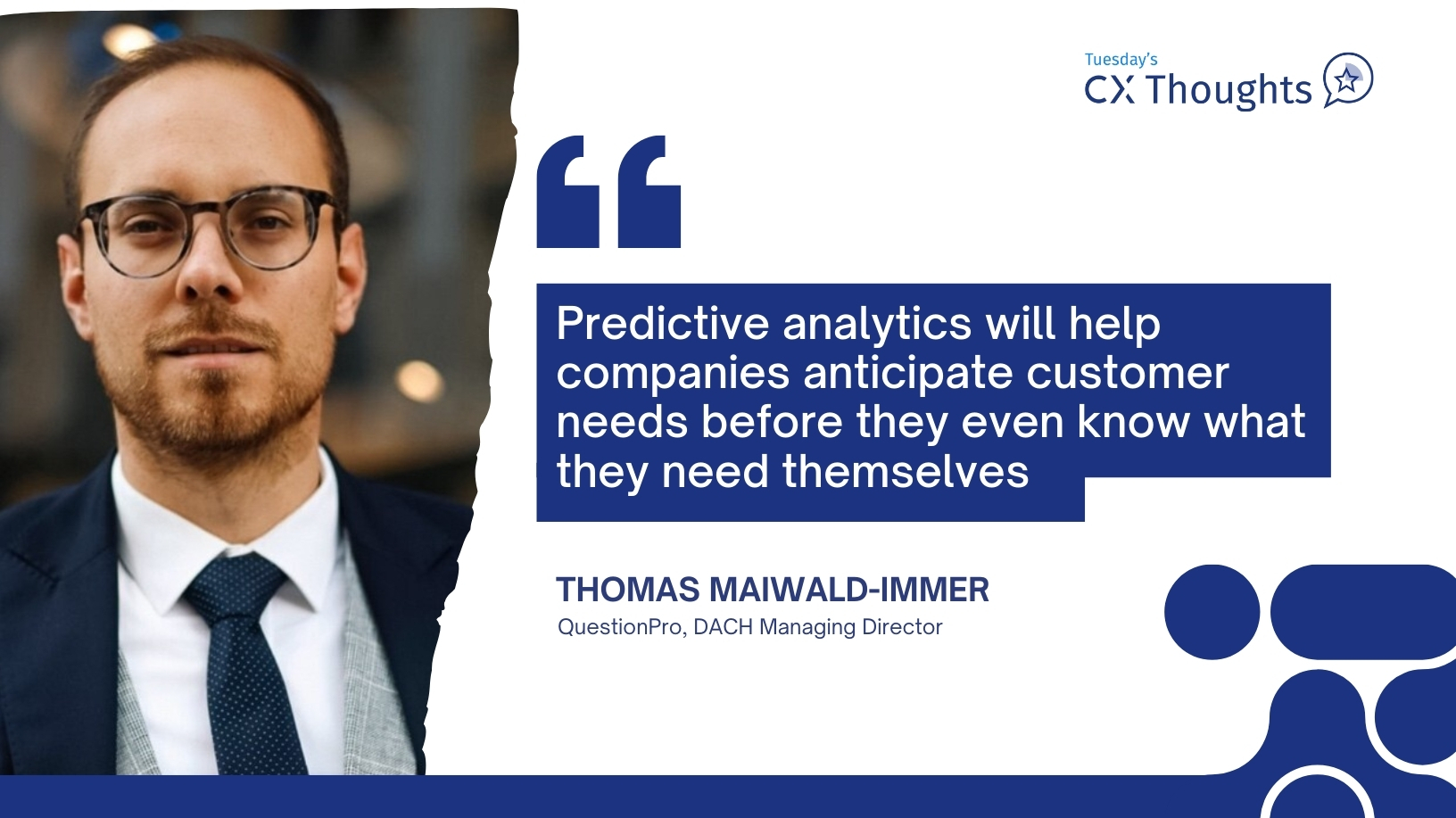
Ever wondered how computers are becoming super smart and understanding things like us? Well, that’s thanks to something called cognitive computing, and it’s like the future rockstar of Artificial Intelligence (AI).
It is like giving a computer a brain. Imagine if your computer understood your commands and learned from them, adapting and getting smarter over time. That’s the essence of cognitive computing.
Traditional computers follow instructions you give them, like a recipe. But cognitive computing is more like having a conversation with your computer. It can understand and interpret human language, making it seem more human-like in its responses. Let’s explore the basics and see how it’s making our tech-filled world even cooler.
What is Cognitive Computing?
Cognitive computing is an advanced field within AI that aims to create computer systems capable of mimicking human thought processes. Unlike traditional computing systems that rely on explicit programming, cognitive systems are designed to learn and adapt, much like the way humans learn from experience.
These systems use a variety of AI technologies, including machine learning, natural language processing, neural networks, and pattern recognition, to achieve these human capabilities. They find applications in diverse fields such as healthcare, finance, customer service, and more, contributing to the advancement of AI in various industries.
Advantages And Disadvantages of Cognitive Computing
While cognitive computing technologies bring exciting possibilities, weighing their advantages against the potential challenges is essential. Let’s break it down in a simple way:
Advantages
- Smarter Decision-Making: Cognitive computing systems are excellent at processing loads of information quickly. This helps make better and more informed decisions, whether in healthcare, business, or daily tasks.
- Continuous Learning: Unlike regular computers, cognitive systems can learn from experience. The more they do, the better they become at their tasks over time. This adaptability is a big plus.
- Natural Language Understanding: These systems can understand human language, making interactions more natural. You can talk to them or type like you would to a friend, and they’ll get it.
- Problem Solving: Cognitive computing is great at solving complex problems by recognizing patterns in data. This is particularly useful in fields like research, where finding patterns is crucial.
- Personalized Assistance: They can provide personalized assistance based on your habits and preferences. It’s like having a digital assistant that really gets you.
Disadvantages
- Ethical Concerns: The use of cognitive computing raises ethical questions, especially regarding data privacy and potential biases in the algorithms. Ensuring fairness and privacy becomes a significant challenge.
- High Implementation Costs: Developing and implementing cognitive computing systems can be expensive. This might limit its accessibility for some organizations or individuals.
- Dependence on Data Quality: These systems heavily rely on data. If the data they learn from is biased or of low quality, it can affect their performance and the decisions they make.
- Job Displacement Concerns: As cognitive systems become more capable, there are concerns about job displacement. Some tasks that humans traditionally did might be automated, potentially affecting employment in certain industries.
- Complexity: Understanding and implementing cognitive computing can be complex. It requires specialized knowledge; not all organizations may have the resources or expertise to adopt and manage such systems.
Features of Cognitive Computing
One term that’s making waves in the field of technology is “Cognitive Computing.” As we embrace the era of cognitive computing, we’re moving towards a world where our machines understand us and actively contribute to making our lives easier and more efficient.
But what makes it so special? It’s a bunch of features that make this computing process smarter. They are:
- Adaptive Learning
- Iterative Problem-Solving
- Interactive Engagement
- Natural Language Processing (NLP)
- Contextual Understanding
Let’s explore these features of cognitive computing in a simple way to understand how it’s changing the game.
Adaptive Learning
Cognitive computing refers to a remarkable ability to adapt to changing scenarios. Unlike traditional systems with predefined rules, these intelligent machines learn from experience, adjusting their responses based on the data they receive. This adaptability allows them to handle complex and dynamic situations.
Iterative Problem-Solving
Cognitive computing thrives on the concept of iterative problem-solving. Unlike traditional computing models that follow predefined algorithms, cognitive systems engage in a continuous loop of analysis, learning, and refinement.
This iterative approach empowers them to tackle complex problems, make data-driven decisions, and adapt strategies dynamically, mirroring the flexible problem-solving nature of the human mind.
Interactive Engagement
Interactivity is a hallmark of cognitive computing, enabling meaningful engagement between humans and machines. These systems create a user experience that goes beyond traditional computing through intuitive interfaces and responsive communication.
Interactive engagement fosters collaboration, making cognitive computing an invaluable tool in fields such as customer service, education, and human-machine partnerships.
Natural Language Processing (NLP)
One of the standout features of cognitive computing is its proficiency in understanding NLP.
These systems can comprehend and generate human-like language through advanced NLP algorithms, facilitating seamless communication between humans and machines. This feature is pivotal in developing user-friendly interfaces and enhancing the accessibility of technology for a broader audience.
Contextual Understanding
Understanding context is fundamental to human cognition, and cognitive computing strives to replicate this ability.
These systems can grasp the context of a given situation, considering various factors that may influence their decision-making. This feature enables more nuanced and informed responses, leading to enhanced problem-solving capabilities in diverse applications.
Cognitive Computing vs. Artificial Intelligence
Cognitive computing and AI are related concepts, but they have distinct differences. Here’s an overview of both terms:
Artificial Intelligence (AI)
- Definition: AI refers to the development of computer systems that can perform tasks that typically require human intelligence. These tasks include problem-solving, learning, perception, language understanding, and decision-making.
- Approaches: AI can be categorized into two main types: Narrow AI (or Weak AI) and General AI (or Strong AI). Narrow AI is designed to perform a specific task, while General AI aims to possess human-like intelligence across a wide range of tasks.
Cognitive Computing
- Definition: Cognitive computing is a subset of AI that focuses on creating human-computer interaction that simulates a human thought process and enhances human decision-making. It aims to mimic the way the human brain works, emphasizing aspects like NLP, pattern recognition, and learning from experience.
- Characteristics: Cognitive computing systems often use machine learning algorithms and other AI techniques to process information, understand context, and adapt to changing scenarios. They aim to interact with users in a more natural and human-like manner.
How Cognitive Computing Works?
Cognitive computing is like giving computers a brain of their own, enabling them to perform tasks that mimic human intelligence. Here’s a simple breakdown of how it works:
- Learning from Data: Cognitive computing systems start by learning from vast amounts of data. This data can be anything from text and images to numbers and patterns. The more diverse the data, the smarter the system becomes.
- Training with Algorithms: Using specialized algorithms, computers are trained to recognize patterns and make sense of the data. Think of it like a virtual teacher guiding the computer on what to look for and how to interpret information.
- Understanding Natural Language: One fascinating aspect of cognitive computing is its ability to understand human language. Through natural language processing (NLP), computers learn to comprehend and respond to human speech or text, just like chatting with a friend.
- Context-Aware Decision-Making: Cognitive computing goes beyond simple recognition. It considers the context in which information is presented. This context-awareness allows computers to make decisions that make sense in real-world situations.
- Continuous Improvement: The more a cognitive computing system interacts and learns, the better it gets. It’s a continuous cycle of improvement, where the system refines its understanding based on new data and experiences.
What are the Applications of Cognitive Computing?
Let’s explore applications where cognitive computing is making a significant impact, bringing innovation and efficiency to new heights.
Healthcare – A Healing Touch
In healthcare, cognitive computing acts as a trusted ally for doctors. It helps analyze patient data, identify patterns, and recommend the best treatment plans. Imagine a virtual assistant for healthcare professionals, making diagnosis and treatment planning more efficient and accurate.
Customer Service – Chatting with the Future
Ever chatted with a friendly customer support bot? That’s cognitive computing in action. These systems power chatbots and virtual assistants, offering personalized assistance to customers. They understand your questions, provide solutions, and make the whole customer service experience smoother.
Finance – A Guardian Against Fraud
In the financial world, cognitive computing plays the role of a vigilant guardian. It analyzes financial transactions in real-time, detecting unusual patterns and spotting potential fraud. This safeguards your money and keeps the financial world running smoothly.
Retail – Your Personal Shopping Guide
You’re witnessing the magic of cognitive computing when you receive personalized recommendations while shopping online. These systems analyze your preferences, purchase history, and browsing behavior to suggest products tailored just for you. Say hello to a more enjoyable and personalized shopping experience!
Education – A Smart Learning Companion
Cognitive computing is reshaping education by becoming a smart learning companion. It personalizes learning experiences based on individual student needs, adapting content and providing targeted support. It’s like having a dedicated tutor who understands how you learn best.
What is the Future of Cognitive Computing?
As technology advances, so does cognitive computing. Picture a future where computers not only understand your words but also your emotions. Cognitive systems are continuously evolving, and we can expect even more incredible applications in areas like education, finance, and beyond.
Cognitive computing is about empowering computers to think, learn, and adapt – just like us. It’s not about machines taking over; it’s about creating intelligent companions that make our lives easier and more efficient. So, the next time you interact with a virtual assistant or marvel at a smart recommendation, remember it’s the magic of cognitive computing at work!
Integrating QuestionPro in Cognitive Computing
QuestionPro, a versatile survey and research platform, plays a crucial role in enhancing cognitive computing efforts. Here’s how QuestionPro can help leverage the power of cognitive computing simply and effectively:
- Rich Data Collection: QuestionPro provides a user-friendly platform for creating surveys that can gather a wealth of data from diverse sources. Businesses can create a robust foundation for cognitive computing applications by collecting structured and unstructured data through surveys.
- Varied Data Types: Surveys on QuestionPro can capture various data types, including text, numerical responses, and multimedia inputs. This diverse data set is essential for training cognitive computing algorithms to understand and process different forms of information.
- Contextual Insights: The platform enables businesses to design surveys that delve into the context behind responses. This contextual understanding is crucial for cognitive computing systems, as it allows them to make more informed decisions and predictions based on a deeper comprehension of the data.
- Real-time Feedback: QuestionPro facilitates real-time feedback collection, providing businesses with a continuous stream of data. This timely information is invaluable for cognitive computing applications that thrive on up-to-date data to refine their models and predictions.
- Seamless Integration: The data collected through QuestionPro surveys can seamlessly integrate with cognitive computing tools and platforms. This integration allows businesses to leverage the power of machine learning and artificial intelligence to extract hidden patterns, sentiments, and trends from the survey data.
- Improved Decision-Making: Businesses can make smarter decisions by combining the survey data from QuestionPro with cognitive computing. The enhanced insights generated through cognitive computing algorithms empower organizations to understand customer preferences, employee sentiments, and market trends more deeply.
Conclusion
Cognitive computing stands at the forefront of shaping the future of AI. It envisions a world where machines become intelligent collaborators, seamlessly integrating into our lives to enhance efficiency, understanding, and innovation.
QuestionPro acts as a valuable partner in the realm of cognitive computing. By facilitating efficient data collection, supporting diverse response types, and integrating seamlessly with cognitive computing tools, the platform contributes to a more intelligent and informed decision-making process for businesses across various industries. Contact QuestionPro for further information.







